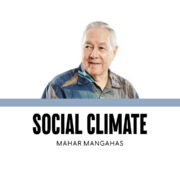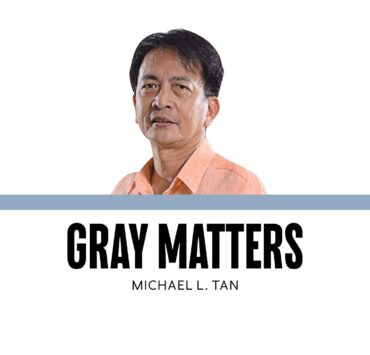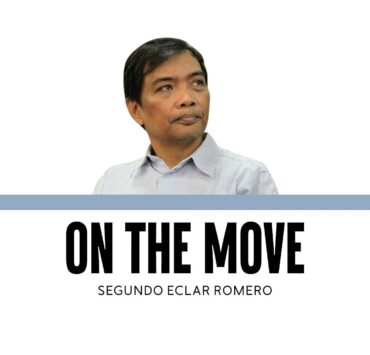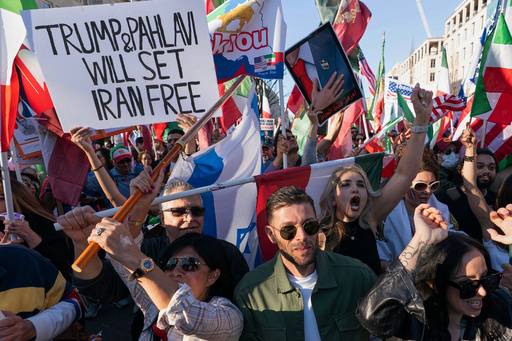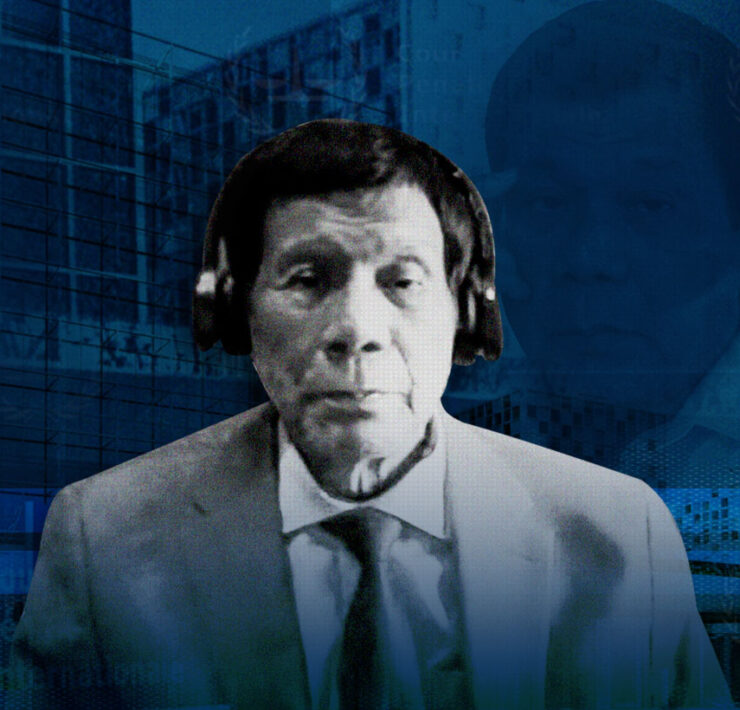Dark horses: Bam Aquino and Bong Go
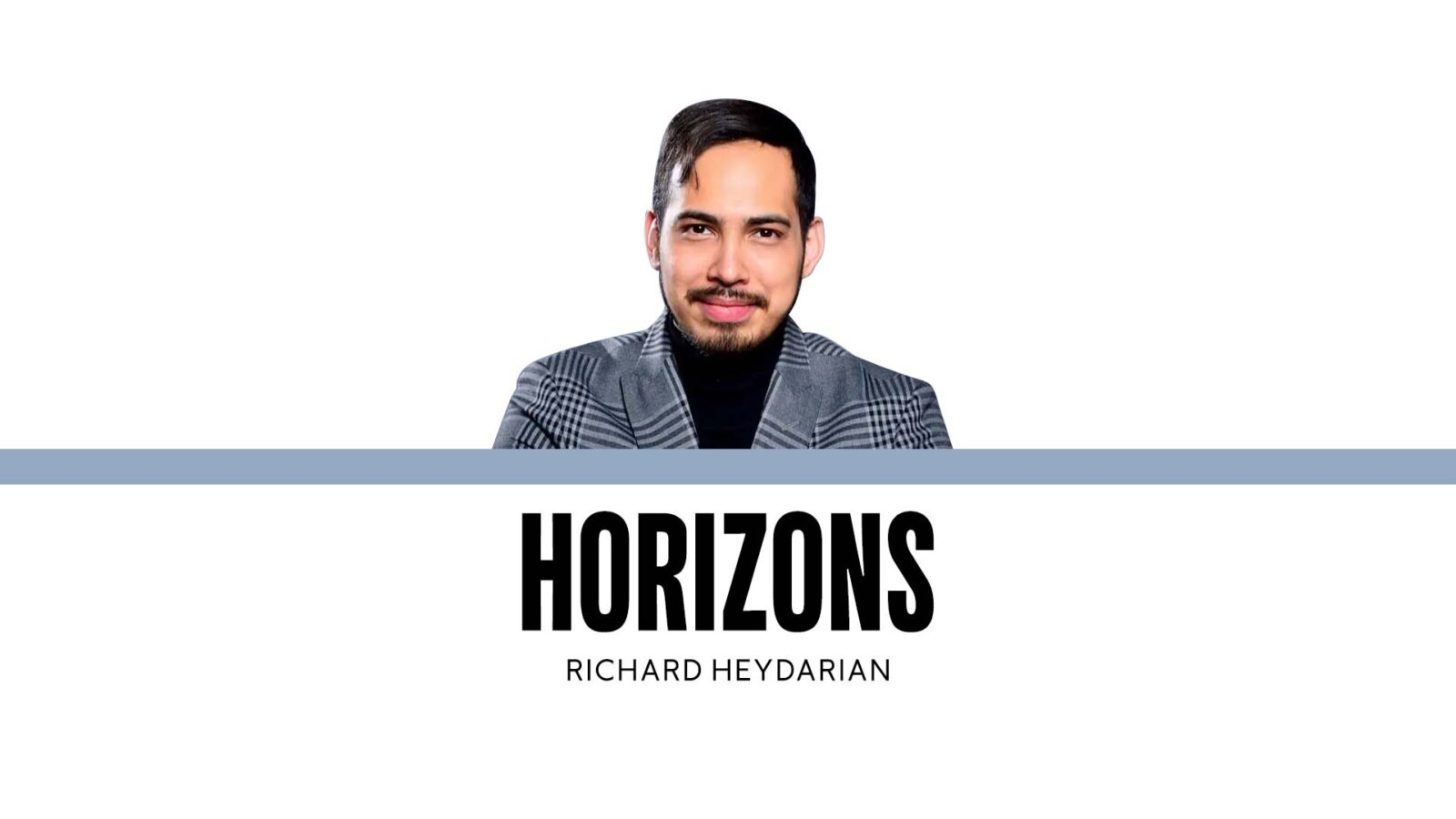
It felt like living through my version of ”The Year of Living Dangerously.” Both surreal and all too real, there I was back at the Supreme Court, except this time, not to interview a magistrate but to submit my response to a frivolous petition of ”indirect contempt” by a proverbial gallery of (pro-Duterte) rogues. After a week of robust research and consultations with the country’s finest legal minds, my legal team from De Leon Arevalo Gonzales (Dargon) Law detected serious defects in the petition, including the malicious omission of all my nuanced and contextualized analysis of the Supreme Court ruling on Vice President Sara Duterte’s impeachment issue and, more shockingly, the citation of seemingly nonexistent jurisprudence. “Did they just use ChatGPT?” one lawyer quipped to me, noting the sloppy attempt at legal harassment by pro-Duterte elements. “We have said far worse things than mentioning facts as you simply did!” another top legal mind said with a chuckle and reassuring irony.
The atmosphere was broadly cordial. Friendly staff and visiting lawyers were passing by, some so sweetly that they even asked for a selfie. Deep within me, however, I felt the pulsating memory of almost a decade of resisting multifarious harassment by pro-Duterte elements. Earlier this year, I had to confront an avalanche of hate messages and death threats online after malicious trolls twisted my comments on Human Development Index disparities in the country during an interview with CNN International. During that heady period, I had one near-altercation with a Duterte supporter near the former president’s detention facility at The Hague. Gladly, reason prevailed, when I patiently explained—while offering my hand and a hug—the context of my interventions, most notably my age-old advocacy against the “imperial Manila” elite’s historical neglect and maltreatment of beautiful Mindanao.
I remain, dear reader, hopeful that our highest court and most esteemed jurists would dispense with the frivolous petition. I’m, however, more worried about the country’s prospects in 2028 and beyond. If the 2016 and 2022 elections were “anti-liberal” protest votes—which rightly questioned the deficiencies of reformist politics just to succumb to authoritarian populist antics—the next one could end up as an “anti-system” protest vote if current levels of political polarization persist. And should we get the next presidential elections wrong, the Philippines will likely lose its “second chance” at redemption after half a century of economic underperformance and political degradation. Lest we forget, we were the region’s economic dynamo way into the 1960s, only to become “sick man of Asia” from the 1970s onward—then regain some economic footing in the early 1990s and, thankfully, in the past decade.
It goes without saying that another Duterte, the current Vice President, remains the top contender to succeed President Ferdinand Marcos Jr. All authoritative surveys show that Sen. Raffy Tulfo and former vice president Leni Robredo are the other two top contenders. Three key factors will define the outcome of the next presidential elections: coalition-building, conversational power, and contingency. Enter Senators Paolo Benigno “Bam” Aquino and Christopher “Bong” Go, who topped this year’s midterm elections.
Both showed tremendous coalition-building skills throughout the 2025 race by shunning any polarizing issues and broadly running a radically “centrist” campaign driven by gut issues rather than gutter politics. The presidential race, however, would be radically different, since voters will have only a single—not 12—choice, thus the likely inevitability of more polarizing political debates. Authoritative surveys show that both Go and Aquino are in a strong position to inherit the mantle in their respective camps should the VP and Robredo skip the next elections.
Ultimately, it goes down to contingency, since much will depend on whether the VP, who can command close to a quarter of the votes, will be standing for the highest office in 2028. By all indications, only a coalition between anti-Duterte camps, in tandem with a significant chunk of “nonpartisan” voters, can prevent the return of the notorious dynasty to Malacañang. But who will lead that anti-Duterte coalition? And can that person rally sufficient votes from various camps? In her absence, however, we might end up with a more open-ended race not too different from the 1992 elections. Either way, the country is heading into an inflection point that could define the fate of our nation throughout the 21st century.












